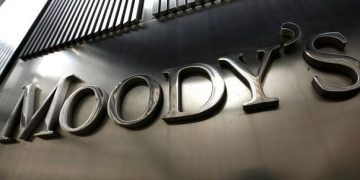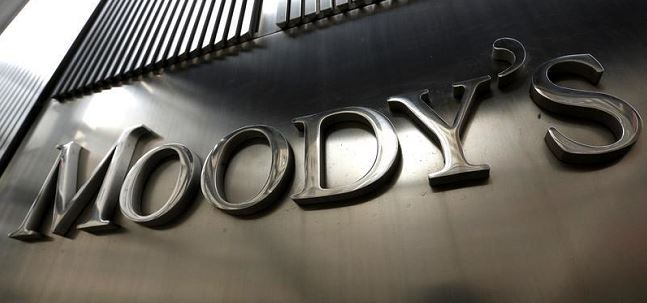Economic growth in Sub-Saharan Africa is anticipated to rebound, reaching an average of 4.2% in 2025, up from an estimated 3.8% in 2024, according to Moody’s Ratings.
Key drivers of this improvement include a surge in infrastructure and energy investments, along with expansion in the services sector.
Moody’s has shifted its outlook on the region’s credit landscape from negative to stable, citing fiscal measures aimed at reducing debt burdens.
However, lingering political, social, and environmental challenges in nations such as Ivory Coast and Mozambique remain significant hurdles.
Both South Africa and Nigeria, the region’s leading economies, are implementing strategies to enhance their financial stability and economic performance.
Moody’s noted that while South Africa’s path to recovery will take time, particularly as power supply issues improve, Nigeria is advancing efforts to streamline its foreign exchange market to promote economic efficiency.
The report also highlighted how the region’s growth trajectory is set to outpace its historical averages, following a series of economic shocks.
These include the sharp decline in commodity prices during 2014-2016, disruptions from the COVID-19 pandemic, and inflationary pressures linked to the geopolitical fallout from Russia’s invasion of Ukraine in 2022.
However, risks remain. Moody’s pointed to potential setbacks, including restricted access to international financial markets, increased refinancing pressures, and inflation uncertainties.
A stronger US dollar in 2025 could further strain countries reliant on foreign currency to service debt obligations.
Countries rich in resources critical to combating climate change, such as the Democratic Republic of Congo, are expected to attract strong foreign direct investment.
Additionally, nations like Angola and the Republic of the Congo are projected to benefit from new oil and gas projects that could counter declines from aging fields.
Yet, the economic outlook isn’t uniformly positive across the region. Population growth continues to outpace economic expansion in several countries, posing long-term challenges.
Environmental issues also remain a significant risk, as evidenced by Zambia, where a severe drought disrupted hydropower output and mining activities, offsetting the benefits of elevated copper prices.
Political instability is another major concern. In Ivory Coast, upcoming elections could spark tensions as President Alassane Ouattara faces criticism over a potential bid for a controversial fourth term.
In Mozambique, political unrest also looms large. Opposition leader Venâncio Mondlane, who led widespread protests following the disputed October 9 presidential election, has returned to the country. The election saw ruling-party candidate Daniel Chapo declared the winner, sparking significant unrest.




































